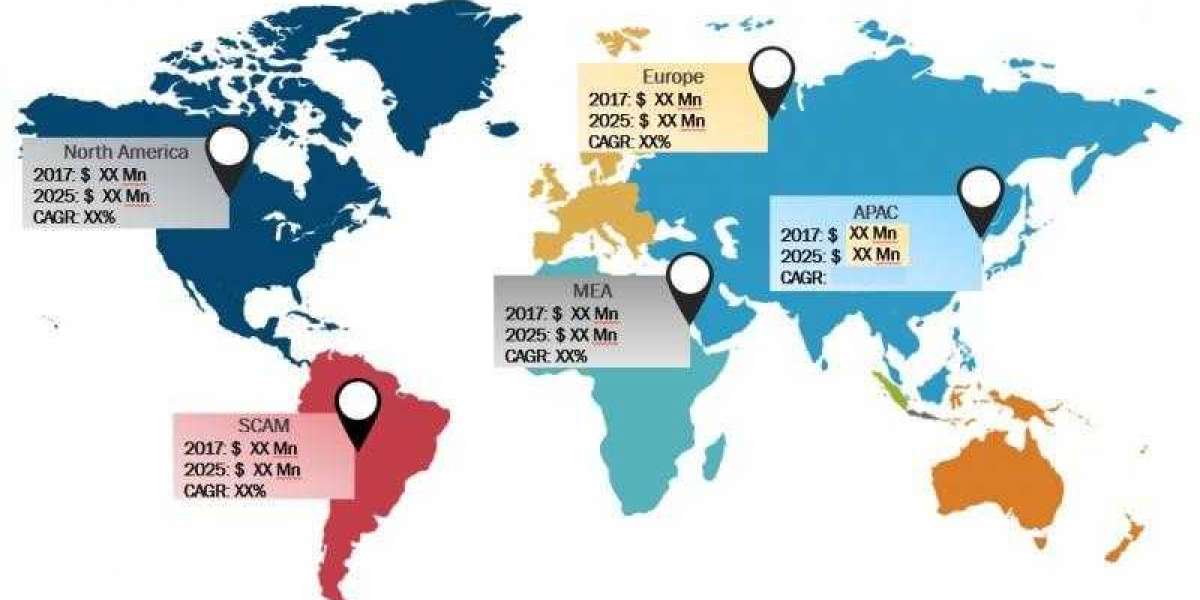Kidney Stone Causes
Kidney stones are hard deposits made of minerals and salts that form inside the kidneys. The most common types of kidney stones include:
- Calcium stones - Formed from calcium and oxalate or phosphate, these are the most prevalent type of kidney stones.
- Uric acid stones - Caused by high levels of uric acid in the urine, often linked to diet and obesity.
- Struvite stones - Formed due to urinary tract infections that produce ammonia.
- Cystine stones - Caused by a genetic disorder that leads to cystine buildup in the urine.
Key risk factors for developing kidney stones include:
- Dehydration and not drinking enough fluids
- A diet high in sodium, animal protein, and oxalate-rich foods
- Obesity and diabetes
- Family history of kidney stones
- Inflammatory bowel diseases like Crohn's or ulcerative colitis
Proper hydration, dietary modifications, and treatment of underlying conditions can help prevent the formation of new kidney stones.
Kidney Stone Treatment Options.
The best treatment for kidney stones depends on the size, location, and type of the stones. The main treatment options include:
- Watchful Waiting for Small Stones
- Stones less than 10mm in diameter often pass on their own with proper hydration and pain management.
- Patients may be prescribed alpha-blocker medications like tamsulosin to help relax the ureter and facilitate stone passage.
- Extracorporeal Shock Wave Lithotripsy (ESWL)
- ESWL uses focused sound waves to break larger stones (10-20mm) into smaller fragments that can then pass more easily.
- It is most effective for stones in the upper two-thirds of the kidney.
- ESWL is a non-invasive, outpatient procedure performed under anaesthesia.
- Ureteroscopy
- For stones that cannot be cleared with ESWL or are located in the lower third of the kidney, ureteroscopy may be recommended.
- This minimally invasive procedure involves inserting a small scope through the urethra to locate and remove or break up the stone.
- The doctor may leave a small stent in the ureter to facilitate stone passage after the procedure.
- Percutaneous Nephrolithotomy (PCNL)
- PCNL is used for very large stones (over 20mm) or stones that cannot be effectively treated with other methods.
- It involves making a small incision in the back to directly access the kidney and remove the stone.
- PCNL is performed under general anaesthesia in a hospital setting.
The specific treatment plan is tailored to the individual patient based on factors like stone size, location, composition, and the patient's overall health. Consulting a urologist or nephrologist is recommended for comprehensive evaluation and management of kidney stones.
Kidney Stone Treatment at Swanand Kidney Clinic
Swanand Kidney Clinic in Bhosari, Pune is a leading provider of nephrology services, including the diagnosis and treatment of kidney stones. Patients have access to comprehensive, state-of-the-art kidney stone treatment in Bhosari services led by experienced nephrologist Dr. Snehal Gaikwad.














